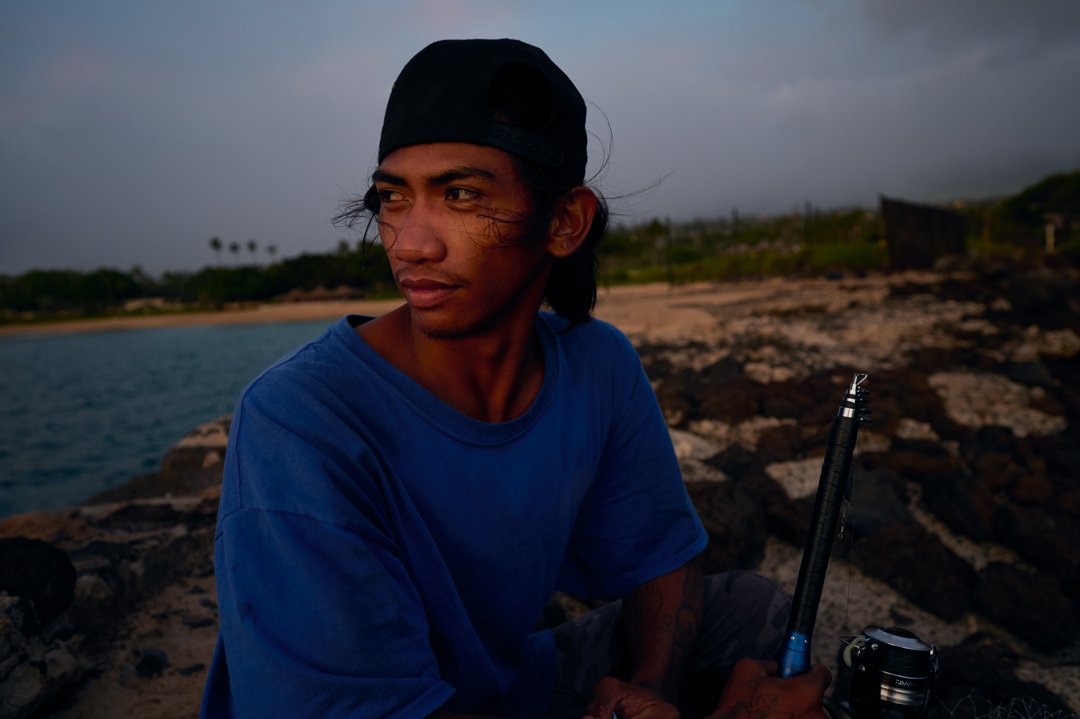The Fisher of Men
"Become who you are, having learned what that is."
-Pindar
It is perhaps when we dismantle all metaphysical claims that we come to the realization that life is activity, and a person is defined by their actions. We are not divorced from what we do, and it is nearly impossible to define ourselves without referencing such activity.
On the quiet island of Maui, Kai found his purpose in the simple act of fishing, an activity that defined not just his days but his very identity. Life, he realized, boiled down to what one did, and for him, that meant casting nets into the ocean. For Kai, fishing wasn't just a means of livelihood; it was a tribute to his recently departed father and grandfather, his only inheritance being their shared love for fishing.
Every morning, Kai's connection to the sea became a ritual of reminiscing. Each day, he would throw his line into the water, not just for the catch, but to feel the warmth of his absent father; that warmth and light that he gave him every time he found himself lost in this life. While he knows that his father is never coming back, fishing is the only way he can feel close to him and ask him once more, "Which way is the right way?"
Being a fisherman isn’t just a job – it is an unbreakable tie to his roots, a way to honor those who came before him. Like any fish caught in his net, Kai holds onto the net of the past, finding his true self merged in the tradition that links generations through the simple act of fishing. While his life and activity are temporal, Kai belongs to the eternal line of fishermen who once found peace and enjoyment in their art.










